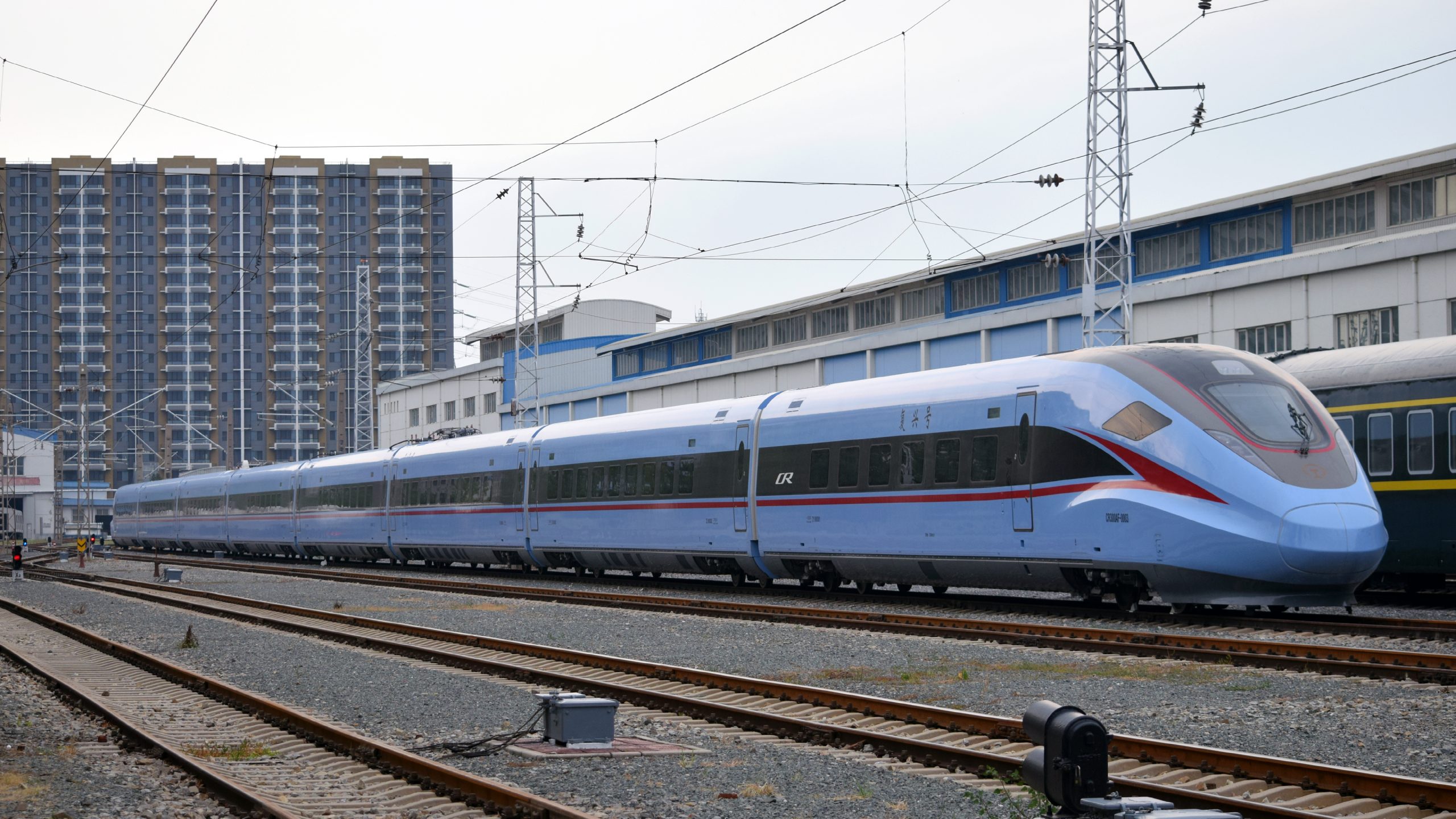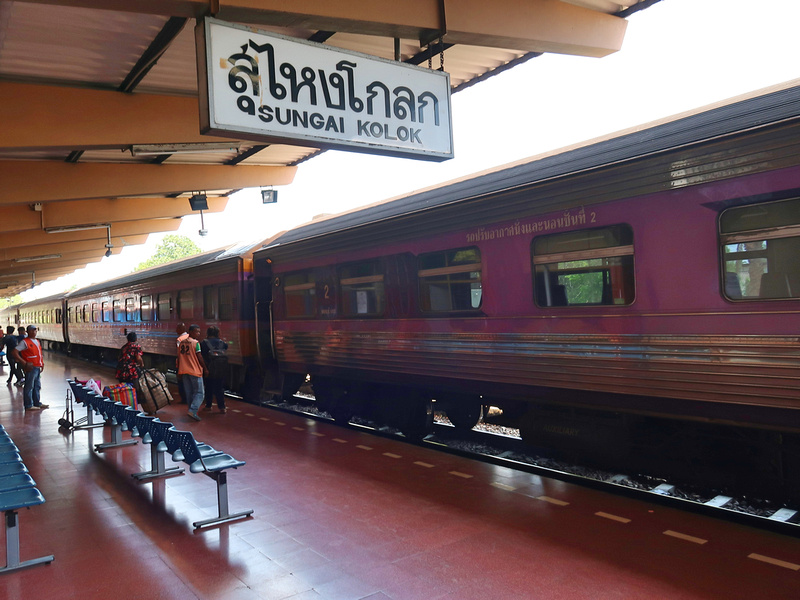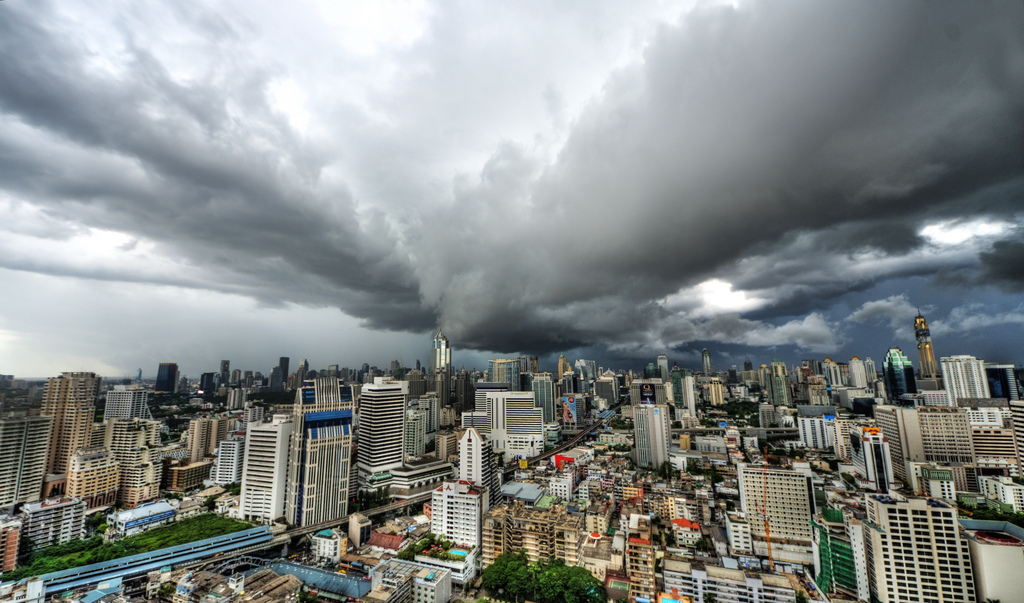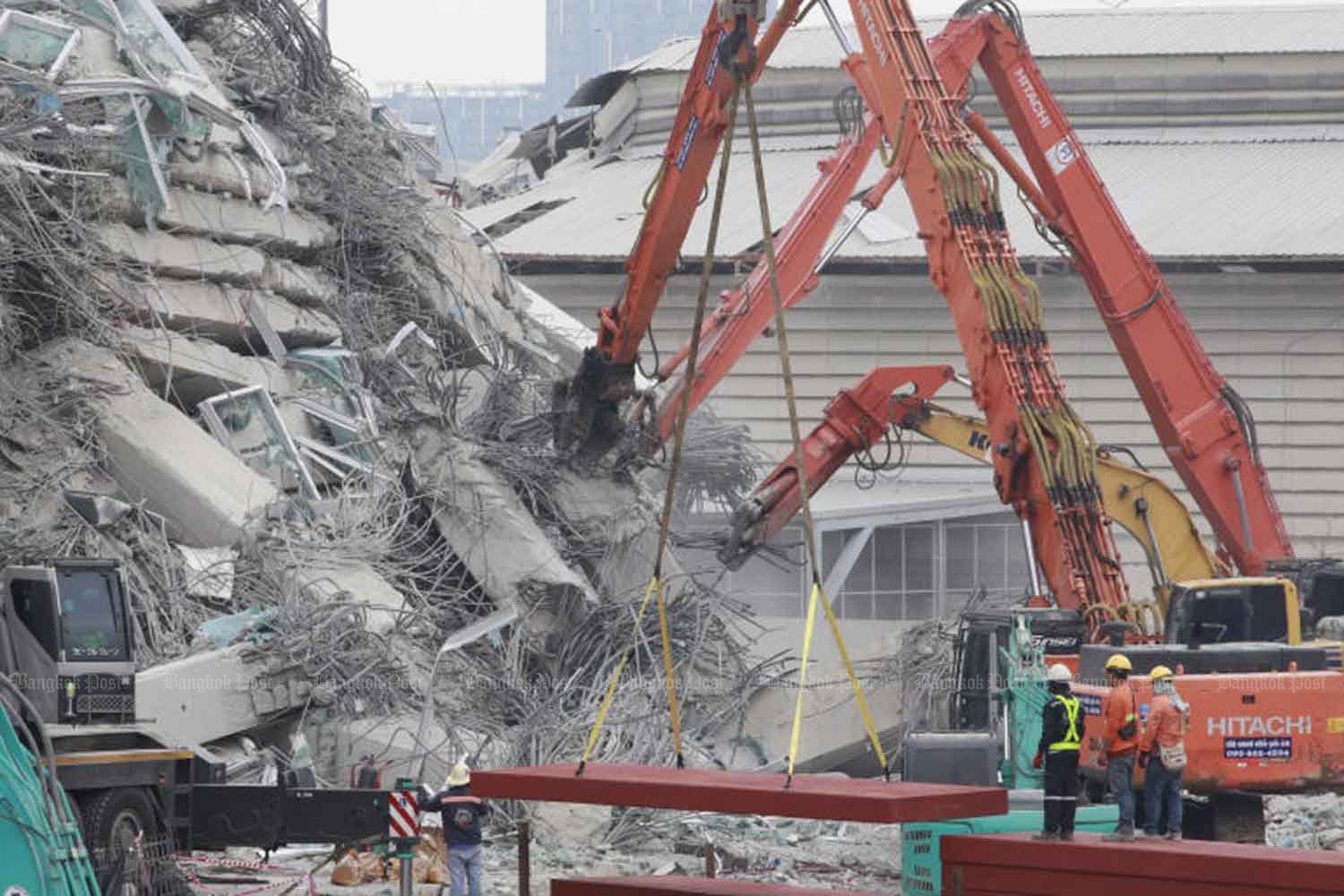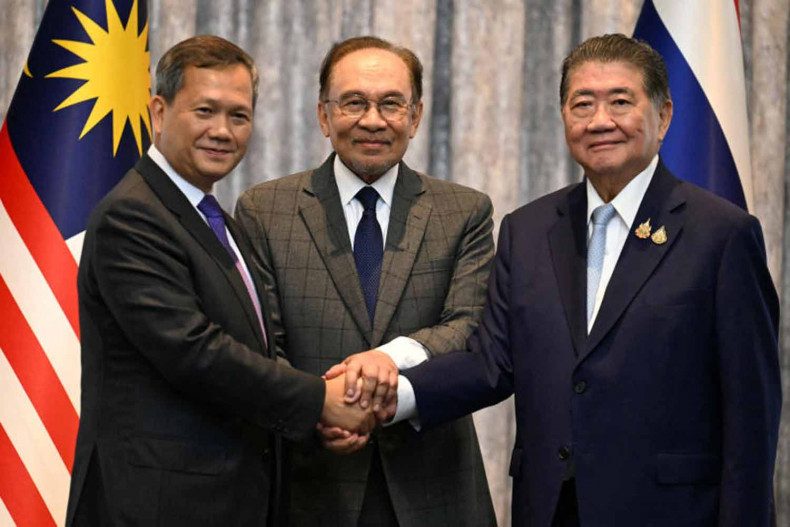The Thai cabinet has approved the construction of the second phase of the Bangkok-Nong Khai high-speed rail project, connecting Nakhon Ratchasima (Korat) to Nong Khai. This ambitious infrastructure project aims to transform Thailand’s transportation landscape and strengthen regional connectivity.
Project Overview: Connecting Thailand’s Northeast
High-Speed Rail to Revolutionize Travel
The Bangkok-Nong Khai high-speed railway is set to be Thailand’s first high-speed train network, designed to improve domestic mobility and international travel connectivity. The project is divided into two main phases, with the first phase connecting Bangkok to Nakhon Ratchasima currently under construction.
Economic Impact: Boosting Trade and Tourism
Thailand as a Southeast Asian Hub
Once completed, the high-speed rail line is expected to position Thailand as a major transport and logistics hub in Southeast Asia. The project promises significant benefits for passengers, businesses, and the tourism sector, offering faster and more efficient rail services.
International Cooperation: Thailand-China Partnership
Strengthening Regional Ties
The high-speed rail project is part of a broader Thailand-China cooperation initiative, aligning with China’s Belt and Road Initiative (BRI). While China provides technical expertise and advice on railway systems, Thailand is responsible for the project’s funding and construction.
Construction Progress: Challenges and Timelines
Overcoming Delays for 2030 Completion
Despite facing delays and implementation challenges, the Thai government has confirmed that the entire Bangkok-Nong Khai high-speed rail line is expected to be operational by 2030. Currently, only 35.8% of Phase 1 (Bangkok-Nakhon Ratchasima) has been completed, prompting the government to accelerate construction efforts.
Future Connectivity: ASEAN and Beyond
Linking Thailand to Laos and China
Upon completion, the Bangkok-Nong Khai line will connect to the Laos-China Railway, forming a crucial part of the broader Kunming-Singapore railway network. This integration will significantly enhance travel and trade opportunities between Thailand, Laos, and China.
